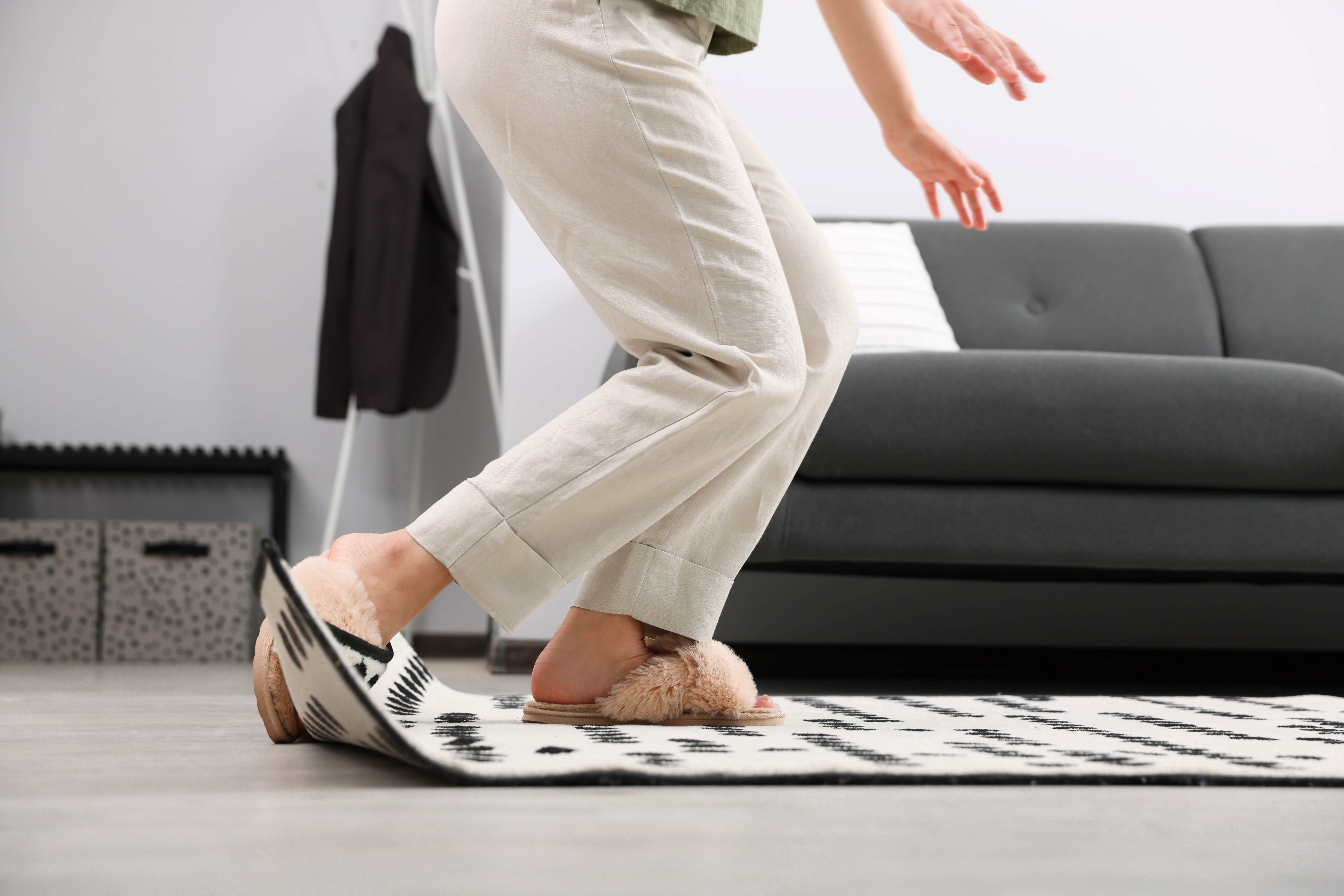Preventing falls does not need to cost an arm or a leg
Older adults visited the emergency department three million times in 2020 for injuries to due falls, according to the National Institute of Health. Over 32,000 people died of a fall that year.
Falls in older adults can drastically change a life forever. A once active person may spend the rest of their lives incapacitated because of a fall. A fall can end a life. Preventing trips and falls should be a top priority for any older adult. There are no cost, low cost and other ways to reduce their incidence. Here are ideas broken down by cost:
Free things you can do to reduce falls:
- Remove or secure area rugs
- Reduce clutter on the floor.
- Turn on lights to make your house brighter
- Store items in easy to reach places
- Tell your health provider or pharmacist if your medication makes you sleepy
- Don’t wear high heeled shoes or shoes with smooth bottoms. Do not walk in stocking feet.
- Clean up spills immediately.
- Do not carry heavy or bulky items up or down stairs.
- Eat a healthy diet, rich in calcium, to maintain bone health. Don’t drink alcohol in excess.
- Exercise (Insurance may provide free classes through Silver Sneakers) Walking is free.
- Get enough sleep
- Have other people change lightbulbs or use a ladder for you.
- Do not go out in bad weather.
- Talk to your health care professional about having a gait evaluation.
Low cost things you can do to avoid falls:
- Get a grabber to reach high places
- Purchase a cane or walker if you are told you need one
- Get good quality shoes with rubber soles.
- Take a balance class
- Have grab bars installed in the bathroom.
- Purchase a shower chair
- Invest in good lighting for your home.
Higher cost things you can do to avoid falls:
- Have a walk-in tub installed.
- Move to a single floor home
- Hire someone to help you clean your home.
- Get a chair lift.
Vanity needs a mention here. Some people do not want to wear ‘old lady shoes’ or have grab bars in bathrooms in their beautiful home. Anyone confined to a wheelchair would tell you they would much rather have ugly shoes. Staying in your current home with adaptive equipment is better for most than moving. You need to think to yourself, If I do not make changes what is the alternative?

